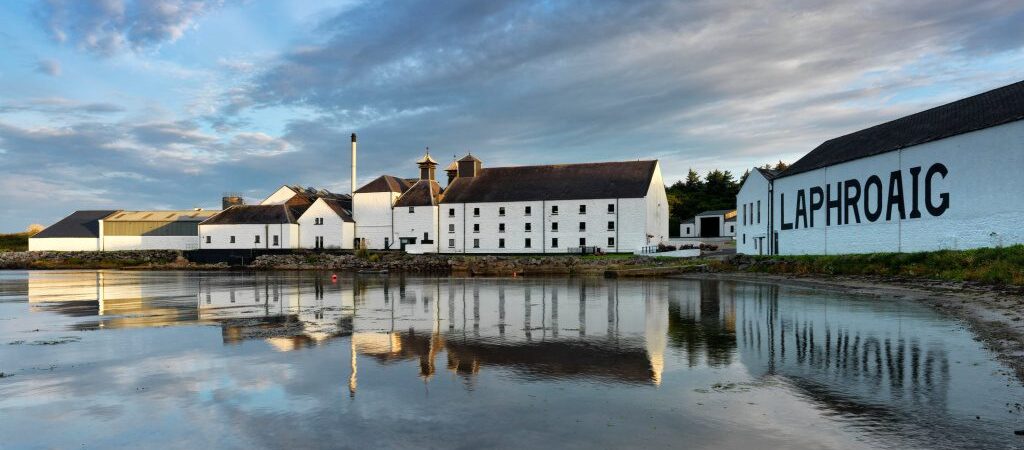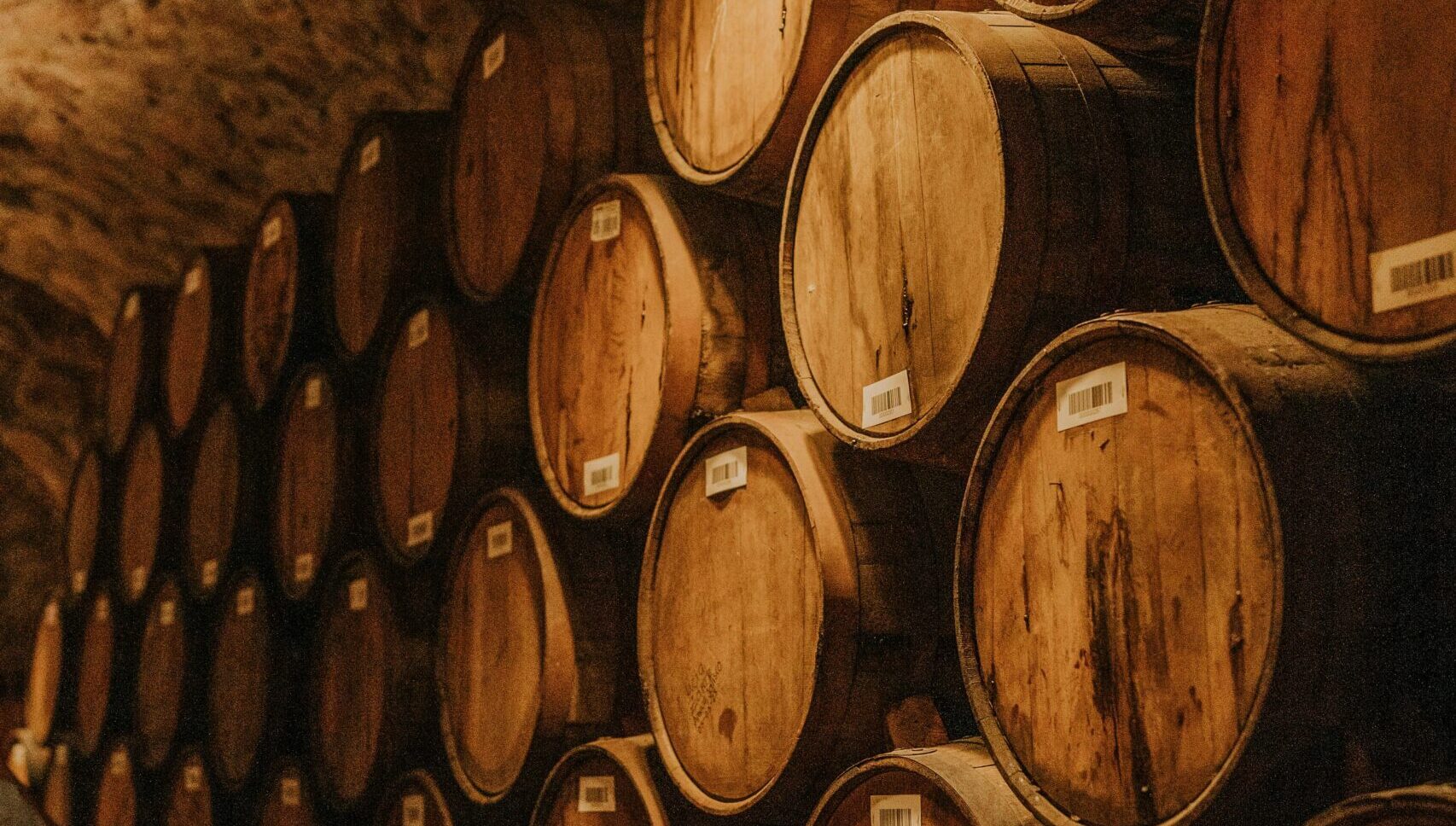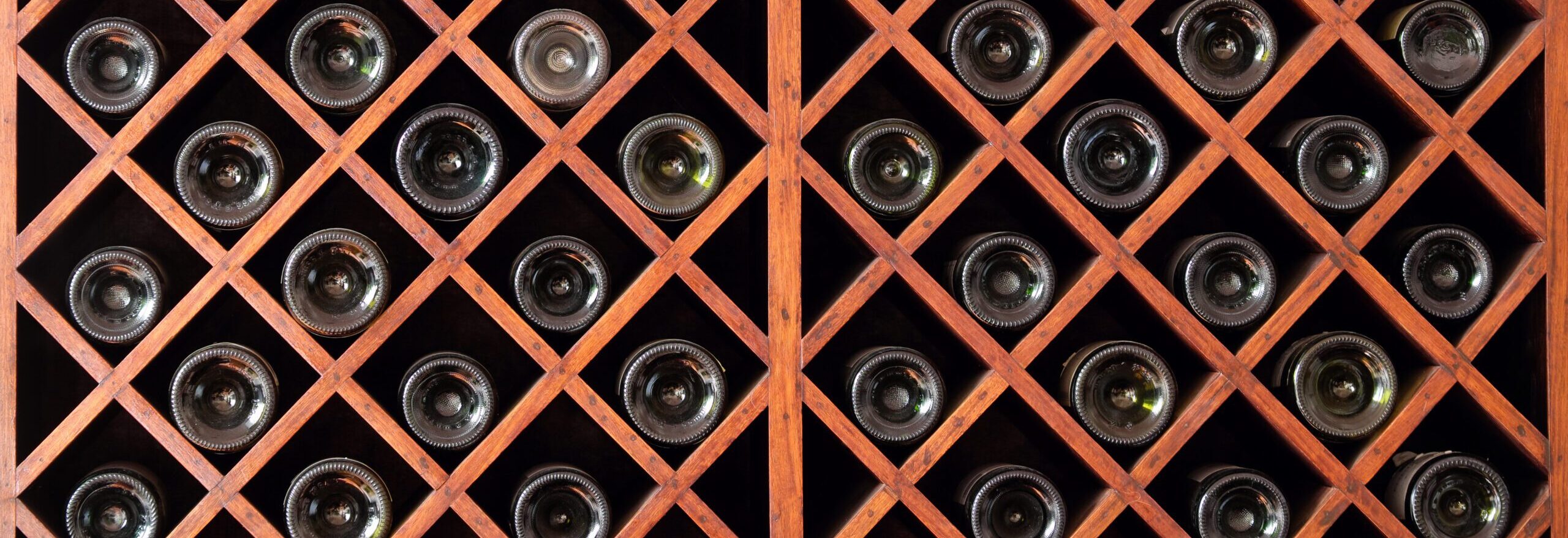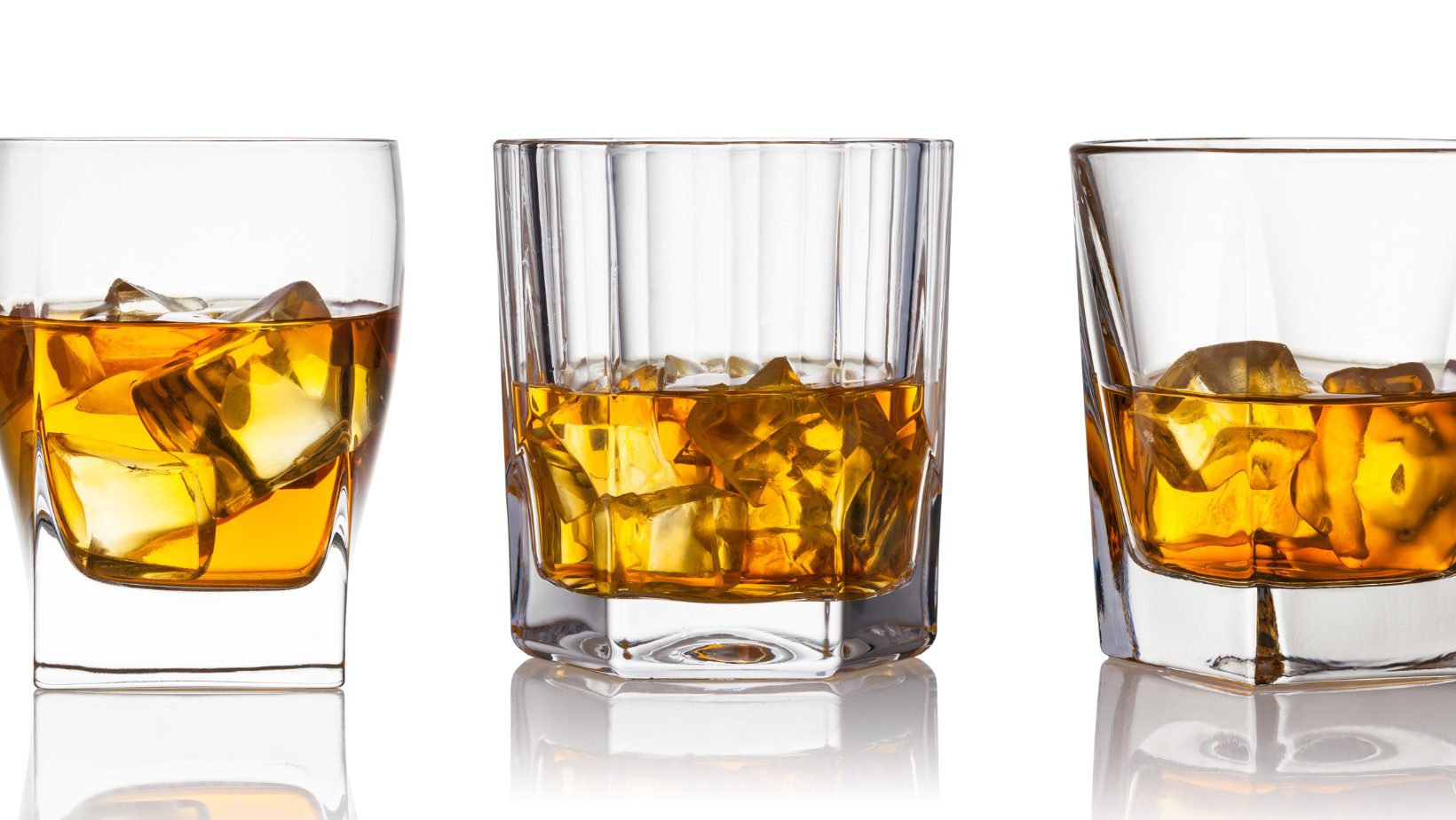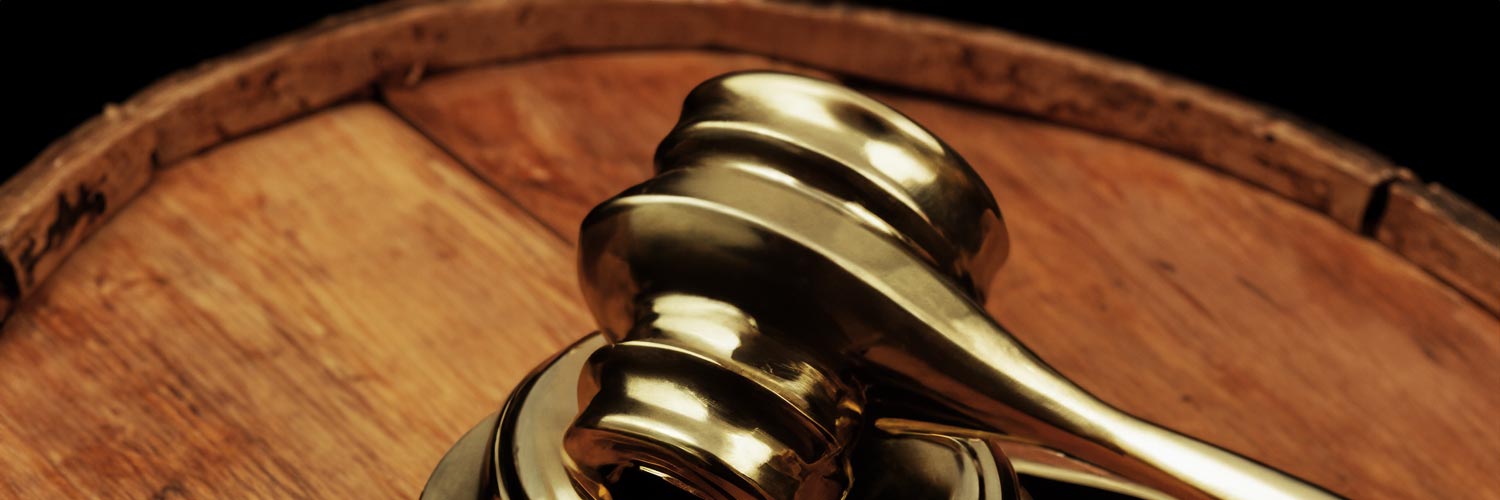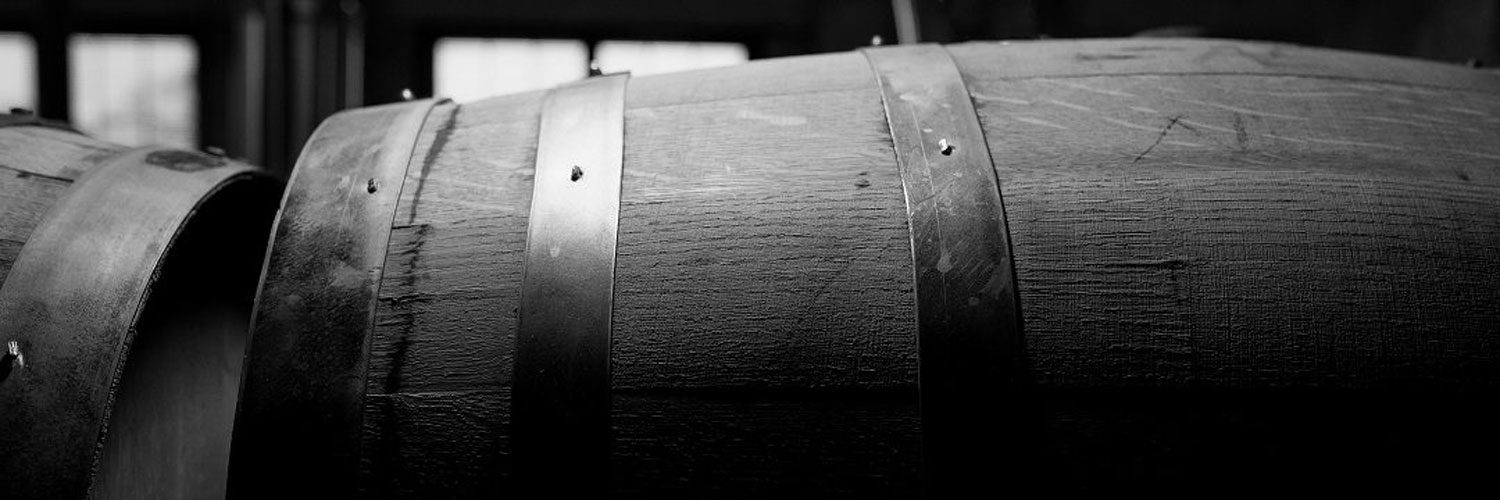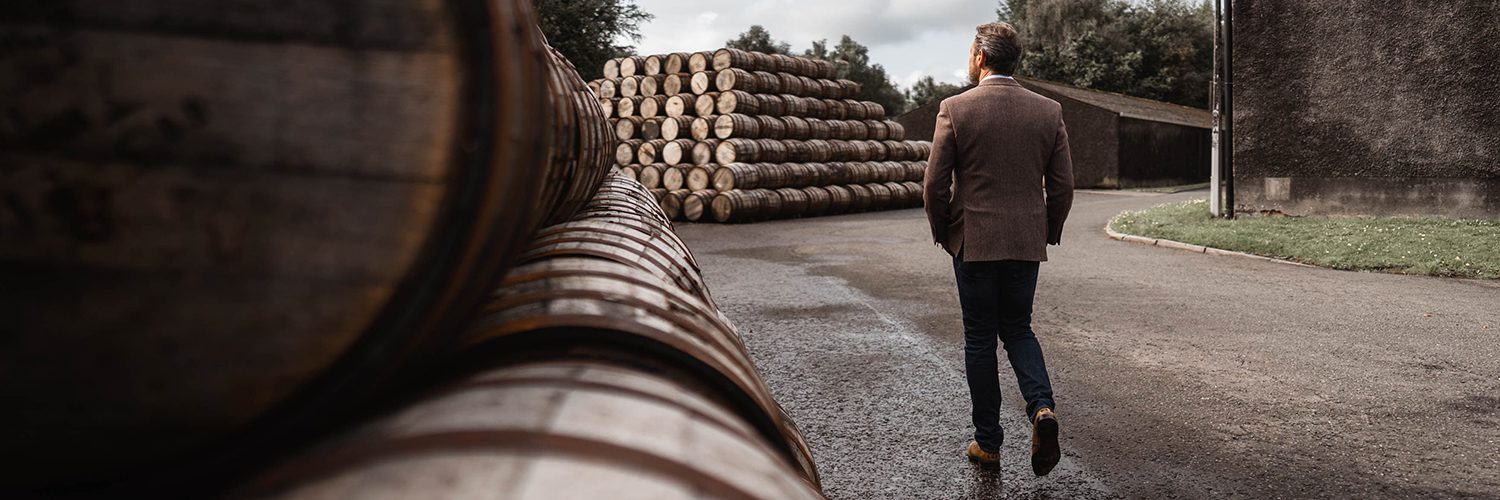That record related to distilling being done by monks at Lindores Abbey in Fife, and even after monasteries were dissolved by Henry VIII in the 16th Century illegal whisky production continued to grow over the next few centuries.
By 1824, over 4 million gallons of whisky was being produced in Scotland according to tax records and the 19th Century saw an explosion in new distilleries being opened as production methods became more sophisticated and efficient. Each distillery has its own unique methods and specifications in the creation of what was known as ‘uisge beatha’ (Gaelic for the Latin phrase aqua vitae or ‘water of life’) and was eventually called ‘usky’, and then ‘whisky’.
The two types of scotch whisky are malt whiskies and grain whiskies, with malt whiskies usually divided up by the location in Scotland they are made. Lowland malt whiskies are those produced south of Dundee and Greenock, with Highland malt whiskies coming from north of those areas. There’s also more location-specific malt whiskies where the distinctiveness of the production makes them stand out from those two categories, like those from Speyside, the island of Islay and Campbeltown.
The way these malt whiskies are produced varies greatly as does the finished product, with Islay whiskies usually much heavier than the Lowland whiskies. Grain whiskies generally have much less geographical distinctions and are produced all over Scotland with much the same results. However, whisky may only be described as scotch whisky if it has been distilled and matured in Scotland for at least 3 years, and this is enshrined in laws around the world. This is because there’s so much uniquely Scottish about the way whisky is produced in Scotland, including the type of water and peat used in the process.
One of the main distinctions between different distilleries in Scotland is the source of the water and peat, indeed whether peat is used at all, along with the sizes and shapes of stills and the techniques used, which have been passed down from generation to generation. Even the climate plays its part, especially during the maturation process, where the cool, soft air permeates the casks and helps to mellow the whisky in a way that would be completely different in countries with different climates.

 Learn
Learn


